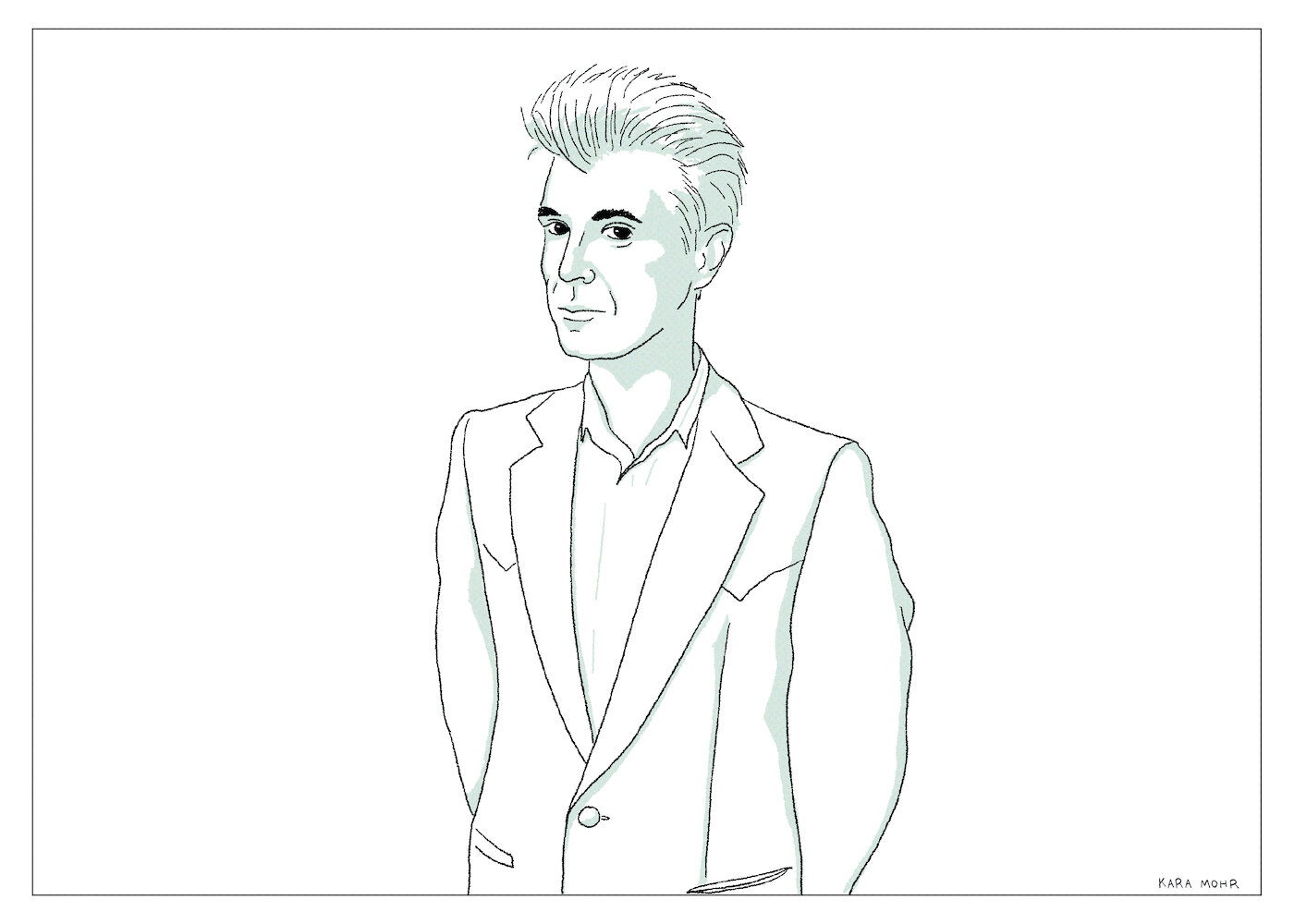
David Byrne “Grown Backwards”
When the Talking Heads split up, David Byrne went on to a long but never as commercially successful solo career. In the Talking Heads he was always very much the center of the band, selling the show. But, alone, he could never sell himself quite as well. If the music of “Talking Heads ‘77” is the music of a man alone in his neurosis, “Grown Backwards” is the music of a married man with children. You might not expect the person who had a “Fear of Music” to write a lovely song called “The Man Who Loved Beer,” but, in fact, he did.

Jonathan Richman “I, Jonathan”
Eternally young at heart, Jonathan Richman amassed a prodigious catalogue between his legendary Modern Lovers’ albums and his solo records. And while many point to “I, Jonathan” as a high water mark, the truth is that most of his releases warrant consideration. Sometimes, he sings in Spanish. Sometimes, he sings Country Music songs. Sometimes, he sings children’s songs for the kids in all of us. But his superpower -- that thing that makes him better than anyone else -- was his ability to make us feel like we were driving with the radio on in 1972 and like we were sitting in the last days of summer in 1992.
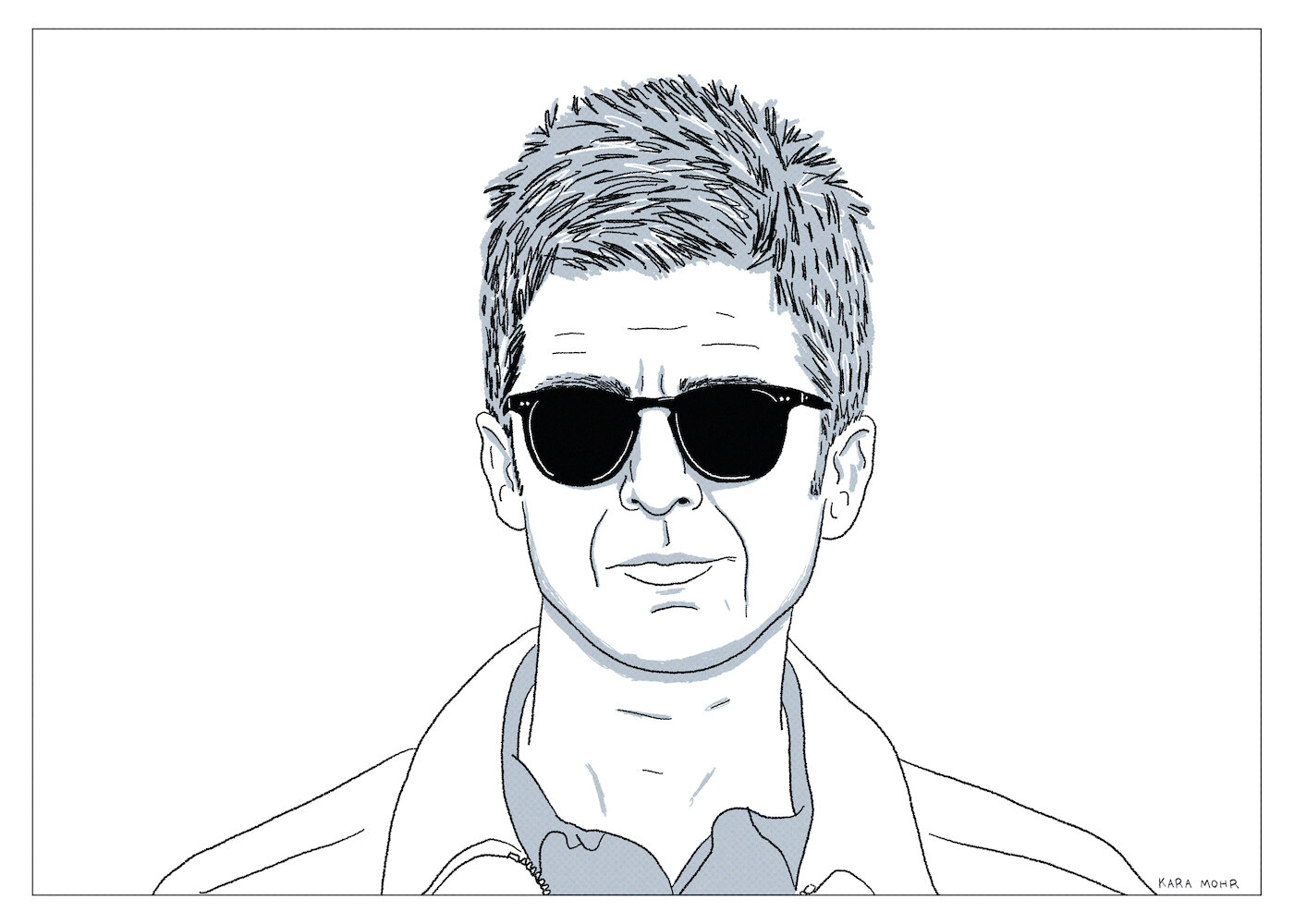
Noel Gallagher’s High Flying Birds “Who Built The Moon?”
The story of the High Flying Birds’ third solo album, “Who Built The Moon?”, is the story of an artist being asked by a producer to leave all of his baggage behind. Quite literally, legendary U.K. producer and DJ, David Holmes, agreed to produce Gallagher’s record on the condition that he not bring any written songs into the studio. What Holmes did not know was that, even with just his guitars and pedals, Gallagher had enough songwriting tricks hidden in his pockets to at least fill a couple of carry ons.

Iggy Pop “Brick by Brick”
Iggy Pop in the 80s is the sound of a guy working hard at a shitty job that he wasn’t very good at. Gradually, though, brick by brick, he had begun to build a new life for himself. He got married. His eyes and head got clear. By the end of the decade, he bordered on adorable. Shorter hair. Crooked smile. Polite and earnest in interviews. Candid and self-aware. 1990s “Brick by Brick” would mark the apex of Iggy’s musical rehab.
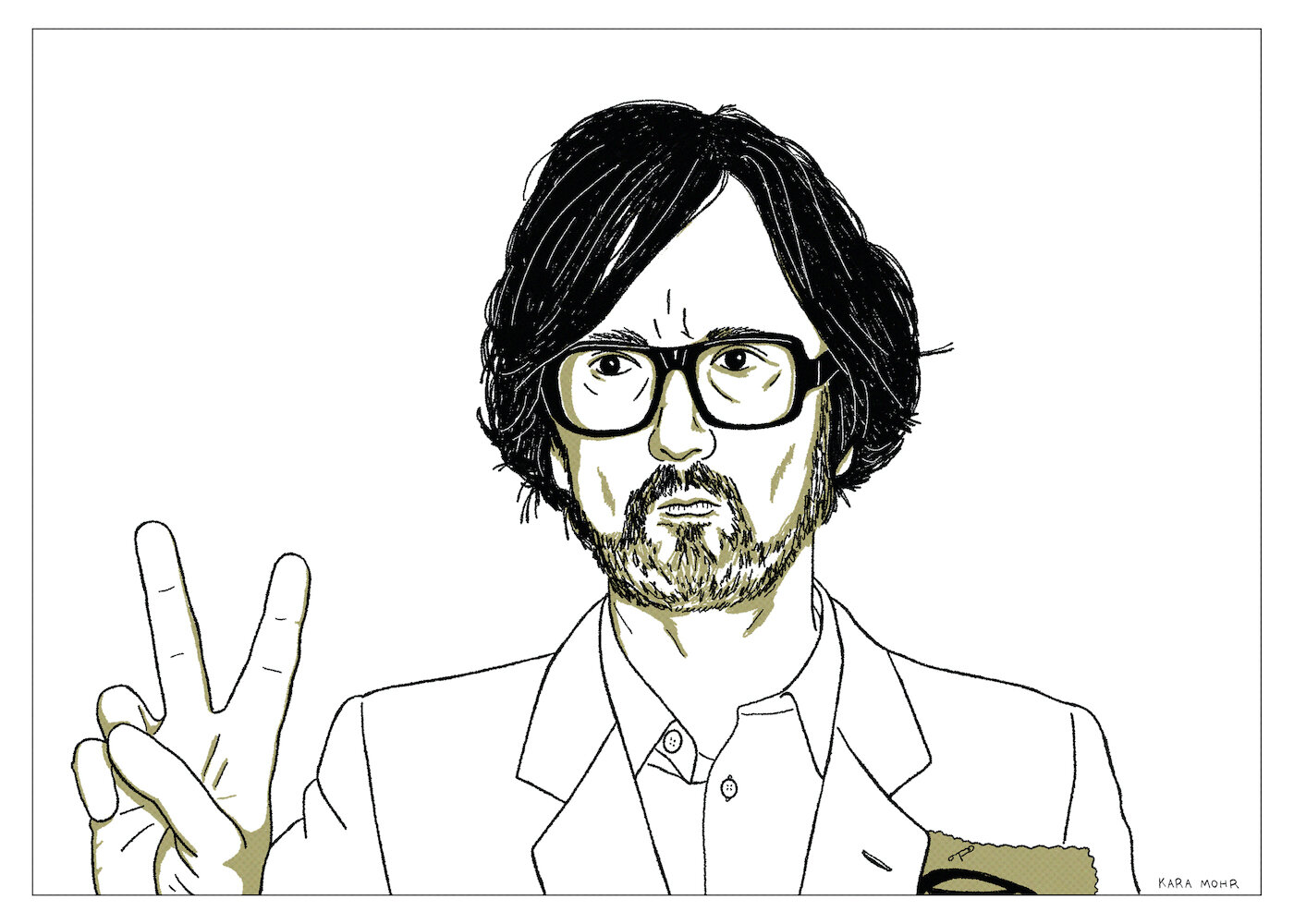
Jarvis Cocker “Jarvis”
Jarvis Cocker was just fifteen when he started Pulp. By the time he was thirty, he appeared to be both a horny young schemer and a horny mature professor. It all seemed like a great lark but, privately, Cocker was tiring of the act. So, he disbanded Pulp when he was thirty eight. But then, in 2006, less than five years after the last Pulp record, we received, “Jarvis.” We were finally going to get a glimpse of what he had on under that Burberry overcoat.

Thom Yorke “Tomorrow’s Modern Boxes”
Let’s face it, Radiohead is a lot of work. You have to commit fully. You need to join the listservs and the Reddit threads. You need to belong to a special mailing list for clues. You may even have to be Vegan. I don’t know. However, I saw a possible back door into the discourse: Thom Yorke solo. Whereas “Eraser” seemed too close to the motherland for a starting point, 2014s “Tomorrow’s Modern Boxes” seemed like a shorter, safer point of entry.
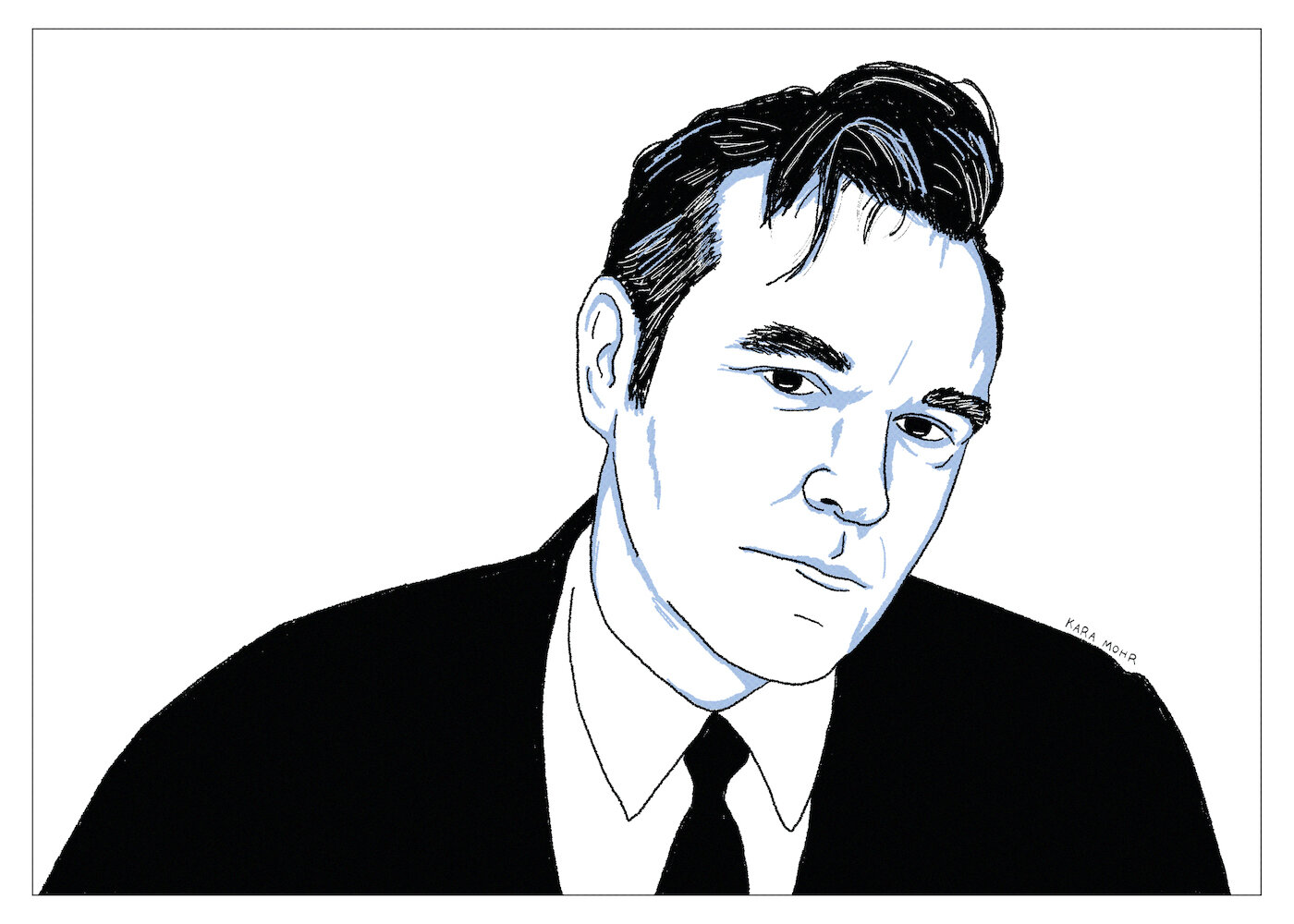
Morrissey “You Are The Quarry”
After the somewhat ignorable “Maladjusted” from 1997, Morrissey would wait seven years before returning with “You Are The Quarry.” In the interim, he would move to Los Angeles, very reluctantly resolve a lawsuit with his former drummer and, most notably, search in vain for a new record deal. By 2004, though, much of this would be behind him. He signed a deal with a new label and had a suitcase full of heartache and venom to offer up to his long suffering fans.
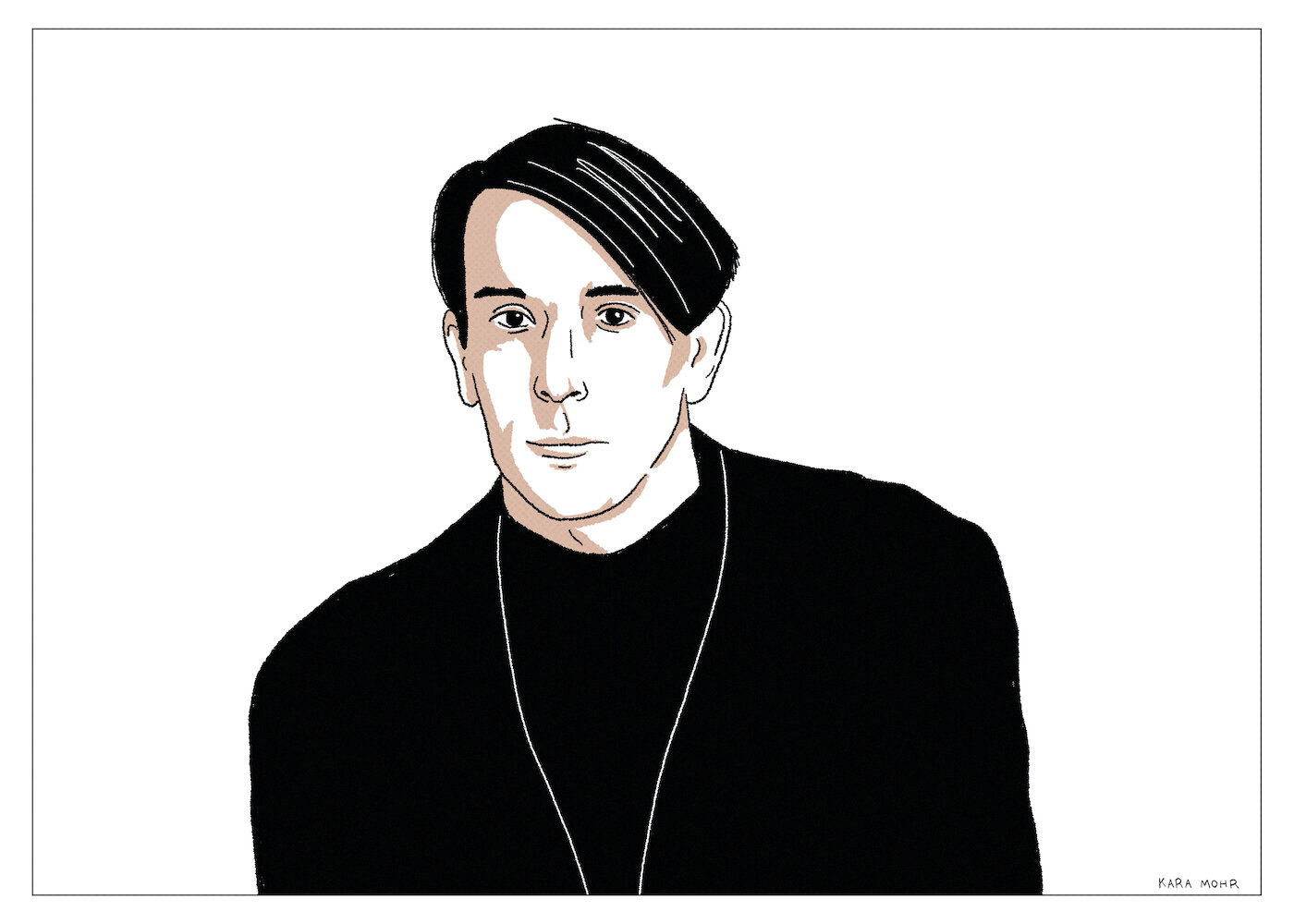
John Cale “Artificial Intelligence”
If you found yourself in New York City at Danceteria at 2am in the early 1980s, almost anything was possible. You might have fallen in love. You might have seen Madonna. However, if you were forty two year old John Cale at the club that night, you might have composed an entire concept album in your head. And you might have rushed back to your Soho loft and shit it out, along with the coke and booze and whatever else was rotting inside you.
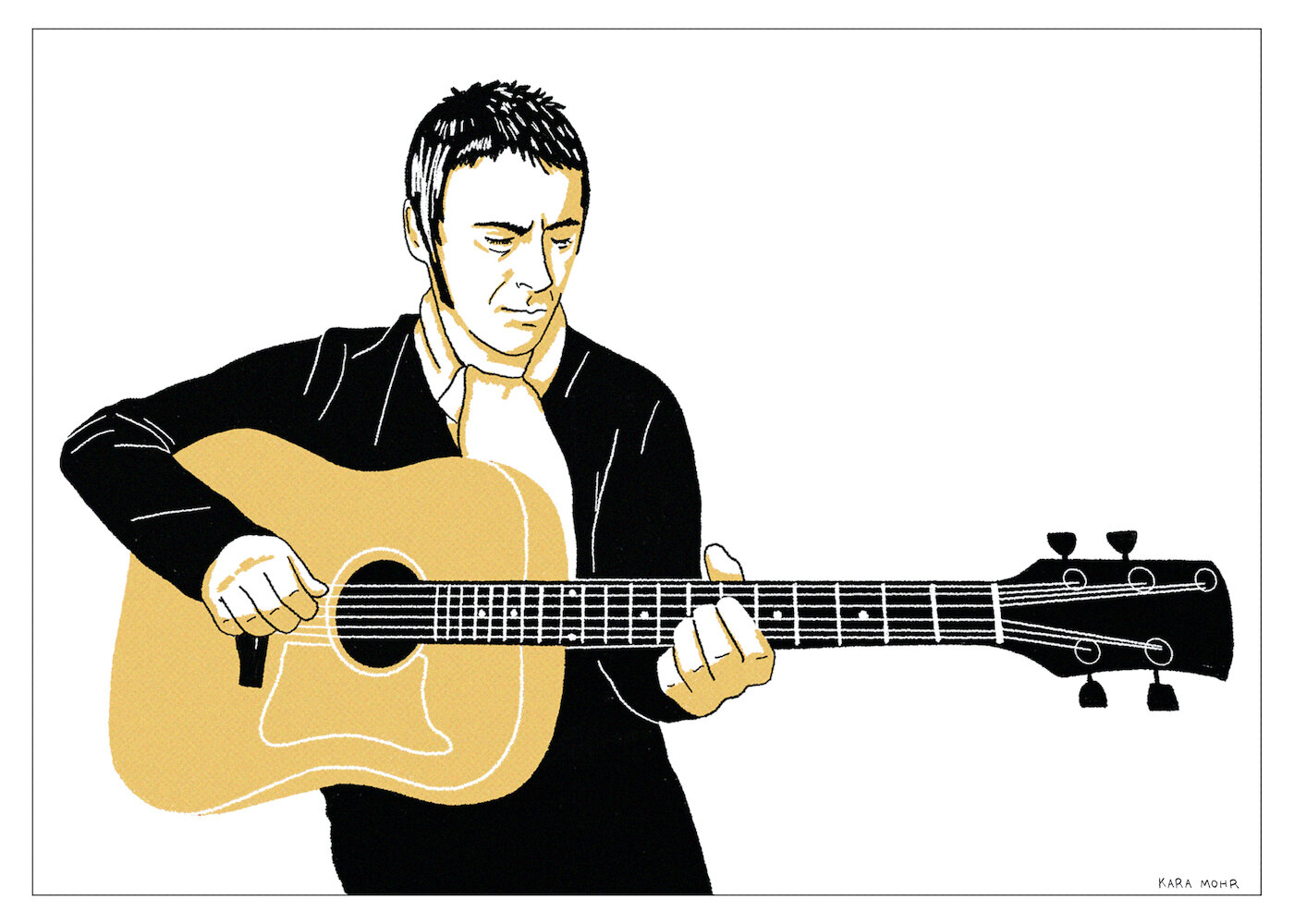
Paul Weller “Heliocentric”
In the 80s, people would often say that Bruce Springsteen was not a massive star outside of the US. Paul Weller is a fair English corollary for The Boss. Weller fronted two massive English bands, The Jam and The Style Council. He played to massive crowds on his home turf. On the other hand, there are many cities in America where Paul Weller might not sell out a large room. Plenty of Americans know of The Jam (“they had that song in Billy Elliot, right?”). But only the true American Anglophile are fluent in Weller’s exemplary solo career.

Neil Young “Trans”
As “Trans” boots up “Computer Age,” you have one of the great musical WTF moments of popular music. But once you adjust to the idea this is all going to sound like “Tron” looks, it can be pretty fun. The opener swings a bit more than some of the other robo-farting to come. In fact, it sounds like a theme song for the best cyber-cop on the force. It has what’s missing from most of the experiments that follow: a groove.

Alex Chilton “A Man Called Destruction”
What. The. Fuck. Happened? After decades of searching for answers, I’m ready to admit it: we got it all wrong. Having revisited Alex Chilton’s 1995 solo “apex” “A Man Called Destruction,” it’s finally, sadly clear to me that all of the glimmers and all of the clues we imagined in his solo music were simply our Big Star projections. Alex Chilton was not a tortured genius. No. He was just a talented, depressed, beat up guy who never found that great gift that he may not have even had to begin with.
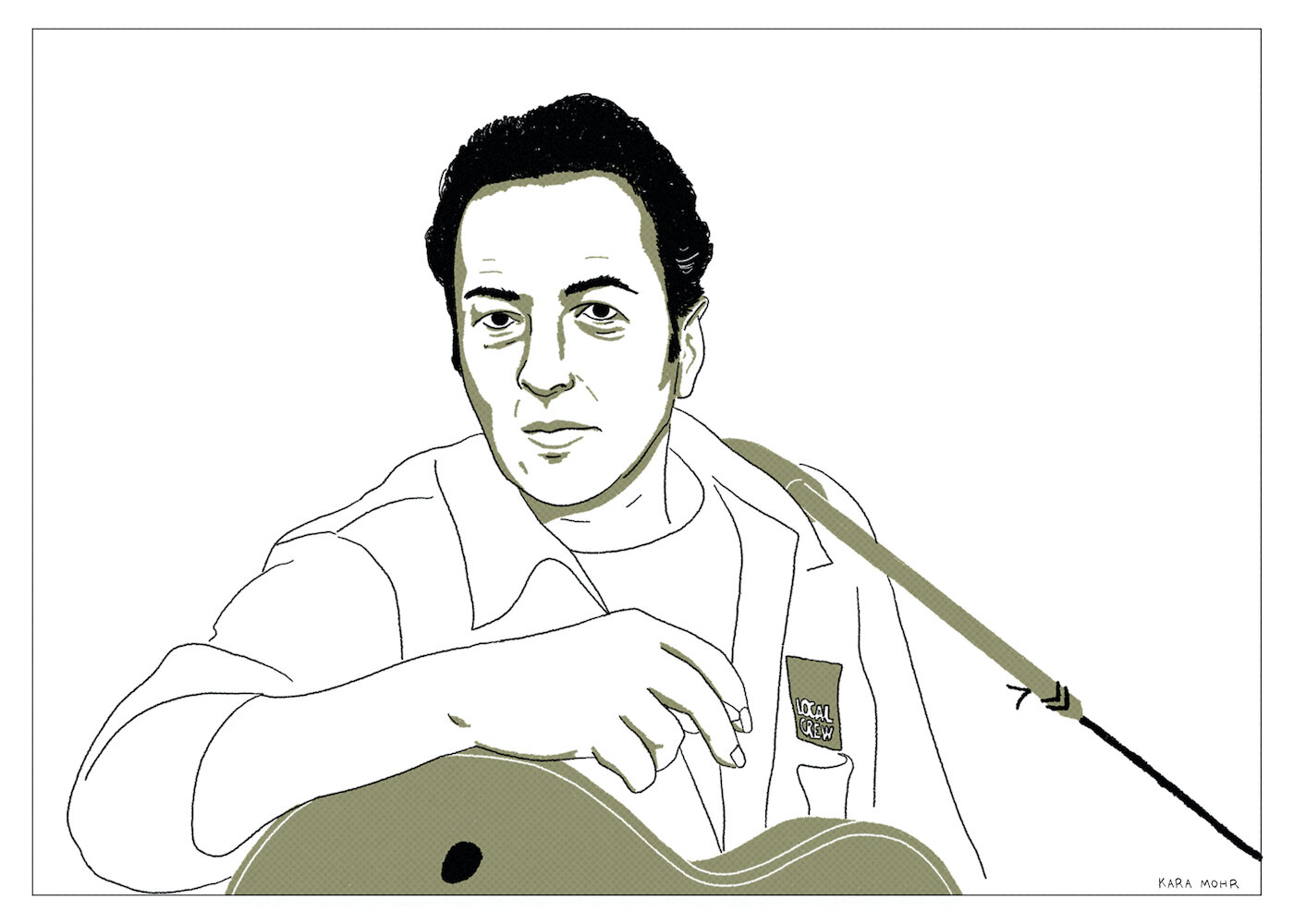
Joe Strummer and the Mescaleros “Global a Go-Go”
In 1982, he was the man at the front of “The Most Important Band In The World.” To see him then is to have seen someone intent on everything and capable of anything. But, just two years after that, The Clash would release a genuinely terrible final album. By his own account, Joe Strummer simply lost the ability to make The Most Important Music In The World. He kept busy. But, many wondered if their hero had lost the ability to be “Joe Strummer.”

Nick Cave and The Bad Seeds “The Boatman’s Call”
“The Boatman’s Call” is the album wherein Nick Cave ascends from Art Punk poet, to spiritual Folk singer. “Murder Ballads,” considered a career apex at the time, came in 1996. Then, like a drenching storm, “The Boatman’s Call” arrived one year later and the band no longer sounded like it was playing in a back country Aussie church. No -- they sounded like they were playing in Nick Cave’s living room, on Persian rugs, watching the ocean, singing directly to you.
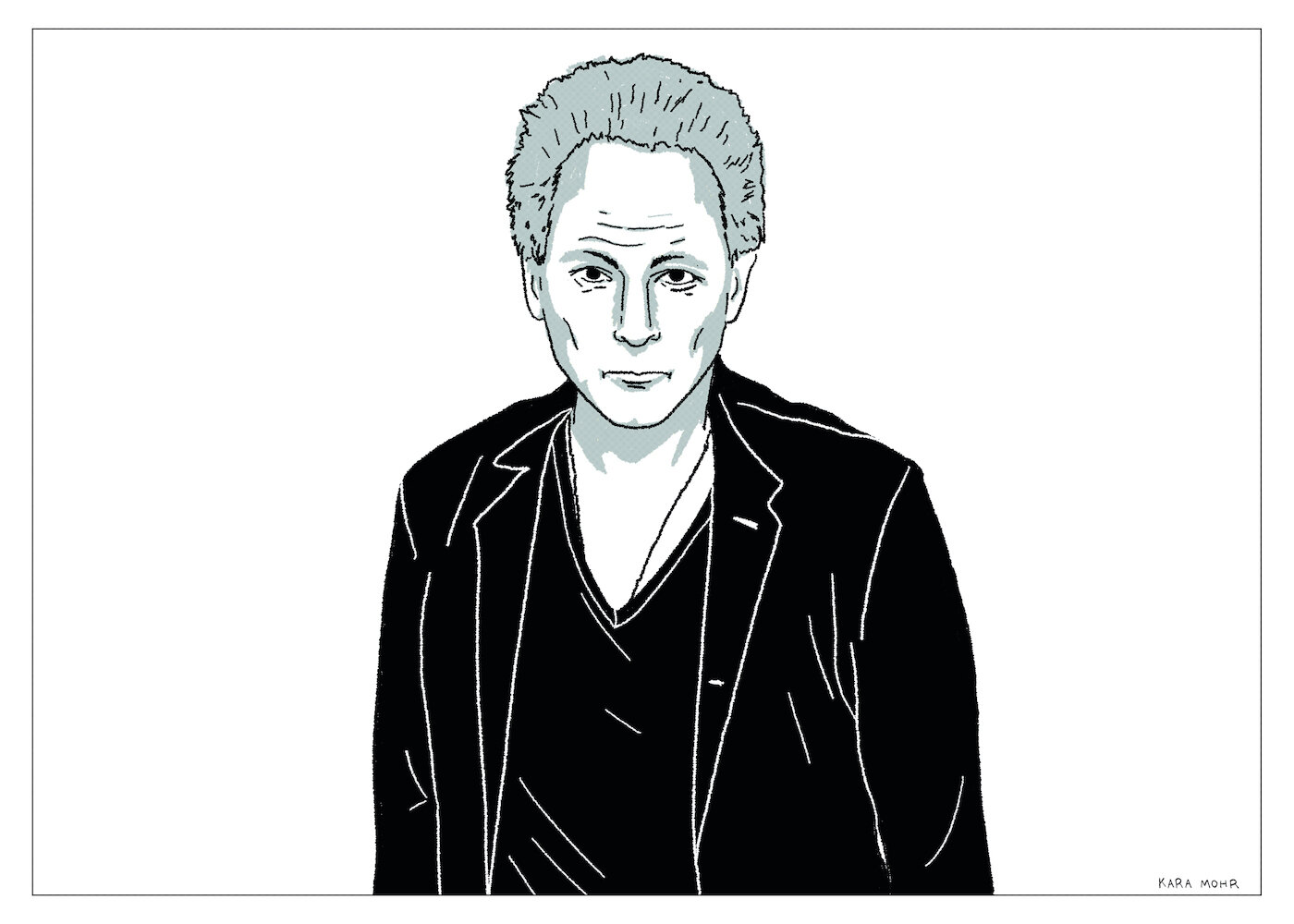
Lindsey Buckingham “Under the Skin”
Lindsey Buckingham’s fourth solo album opens up in therapy, mid dream interpretation. Under his trademark finger-picking guitar style is a hushed confession about feeling unseen. It’s a great irony considering just how “seen” this musician has been. However, where his bandmate and one-time romantic partner Stevie Nicks conjured her great solo career with a witchy twist of the wrist, Buckingham had more trouble. There was something pent up in him. What was it?

Leonard Cohen “Various Positions”
In 1984 Leonard Cohen released “Various Positions.” It was his first album to substantially use the Casio keyboard. It is also the first wherein Jennifer Warnes is billed as “co-singer.” At fifty years old, with Cohen’s voice bottoming out, his soul sounded like it was one hundred. Plus, the curious new sound was greeted with cynicism by Cohen’s label. Turns out, the label was wrong. “Various Positions” not only gave us “Hallelujah,” it also crystallized the sound that would become the hallmark of Cohen’s extraordinary third act.
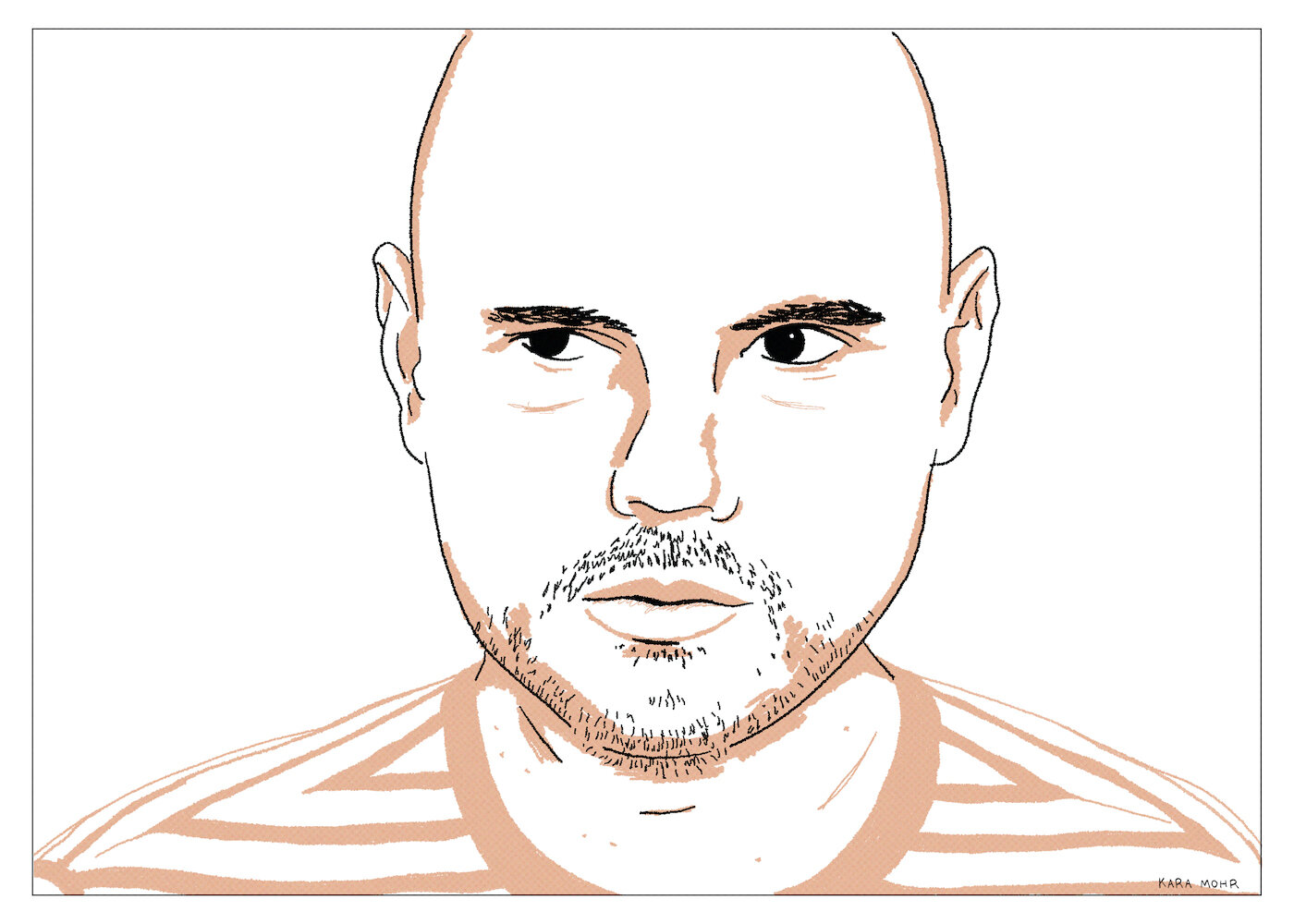
William Patrick Corgan “Ogilala”
On “Ogilala,” Rick Rubin brings his rich, if familiar, bag of tricks to the middle-aged, curious and misunderstood singer and songwriter. The album is a prestige piece. It’s like when Annie Lebowitz shoots a movie star at fifty for Vanity Fair and shows their lines, their age, their greys and their natural beauty. In that very same way, this record is quite beautiful. But, also in that same way, it’s a lot of work. And its sum is probably greater than its parts.

Elvis Costello “Painted from Memory”
He was a nerd’s hero -- a smarty-pants who somehow became cool despite the glasses. But intelligence can become a block from emotional connection. Seething is a young man’s game. Costello was reaching down into the tradition of popular song for fuel. Burt Bacharach came from the era when it was more of a job and less of a revolution. Costello had street cred more than hits. Bacharach had hits more than street cred. They both needed each other.
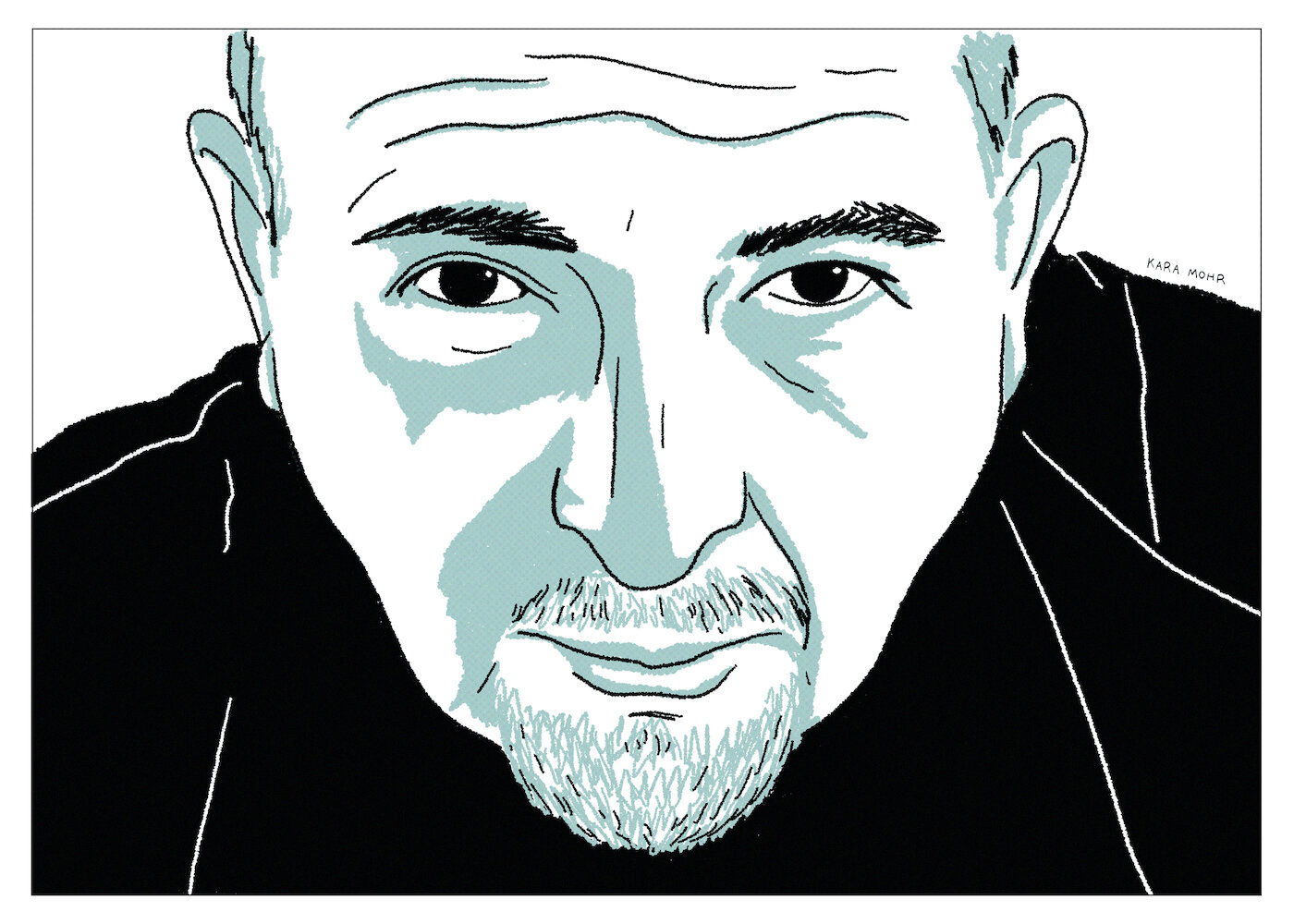
Peter Gabriel ”Up”
Gabriel was not known for his balance. His first four untitled solo album covers feature a distortion of his face to let you know he was a little intense. But, if you listened closely, he started opening up more. First, he empathized with Stephen Biko, a real life political dissident. Then he even started empathizing with regular people, culminating in his commercial breakthrough album, “So.” But Gabriel still had a long way to go from his first solo album where he thought a song called “Moribund the Burgermeister” was a good idea.

Richard Thompson “Rumor and Sigh”
If there has ever been an artist who completely sustained their prime for an entire career, it is Richard Thompson. His highs are not as high as Dylan’s. And his finest records are not perfect in the way that, say, “Astral Weeks” is. But while his peaks are not as high, his consistency is almost unprecedented. What is the “best” Richard Thompson album? Was it 1974s “I Want to See the Bright Lights Tonight”? Was it 1982s “Shoot Out The Lights”? 1999s “Mock Tudor”? Or was it, as many would say, 1991s “Rumor and Sigh”?

Bryan Ferry “Bête Noire”
Can something be too refined? When you whittle and whittle endlessly, what becomes of the original thing? Bryan Ferry is nothing, if not refined. He presaged everything from Sade to The National. And he was so good, for so long, that we often take his music for granted. Today, the notion of Bryan Ferry is as much a cover photo on Italian Vogue as it is his music. And that is probably a result of all that damn whittling.
